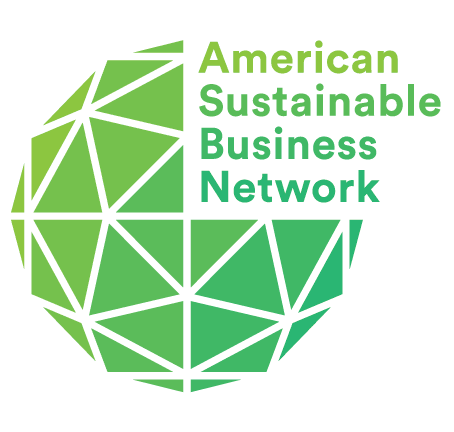American monopolies dominate, control, and consume most of the energy of our entire economic system–but we’ve broken the hold of behemoths like these before, author Thom Hartmann says, and we can do it again.
In this webinar presentation, Thom Hartmann and David Korten will share how monopolies threaten our systems and economy, and the damage that they have done to so many industries and individuals, pulling from Thom’s new book The Hidden History of Monopolies: How Big Business Destroyed the American Dream. They will explore America’s long history of trust busting, taking us from the birth of the nation as a revolt against monopoly, to the largely successful efforts of both Presidents Theodore and Franklin Roosevelt and other like-minded leaders to restrain corporations’ monopolistic urges, to the massive changes in the rules of business starting during the Reagan years. Join Hartmann and Korten as they explore the current challenges we face, and what common sense measures we might engage in to retake control from monopolistsand favor businesses dedicated to the wellbeing of the communities they serve.
In the book’s forward, Ralph Nader writes, “This is the most important, dynamic book about the cancers of monopoly by giant corporations written in our generation.â€
Thom Hartmannis a four-time Project Censored-award-winning, New York Times best-selling author of 30 books in print and the #1 progressive talk show host in America for more than a decade. Thom has co-written and been featured in 6 documentaries with Leonardo DiCaprio, and his book The Last Hours of Ancient Sunlight, about the end of the age of oil, is an international bestseller and used as a textbook in many schools and colleges. A former psychotherapist and entrepreneur, Thom and his wife Louise live in Portland, Oregon with a small menagerie of cats, dogs, ducks & geese.
David Kortenis co-founder of YES! Magazine, president of the Living Economies Forum, and a member of the Club of Rome. He writes a regular column for YES! and is the author of numerous books including Change the Story, Change the Future: A Living Economy for a Living Earth, Agenda for a New Economy: From Phantom Wealth to Real Wealth, and the international best-seller, When Corporations Rule the World. He holds MBA and Ph.D. degrees from the Stanford Business School, has served as a Harvard Business School professor, and has thirty years of experience as a development professional in Asia, Africa, and Latin America.













